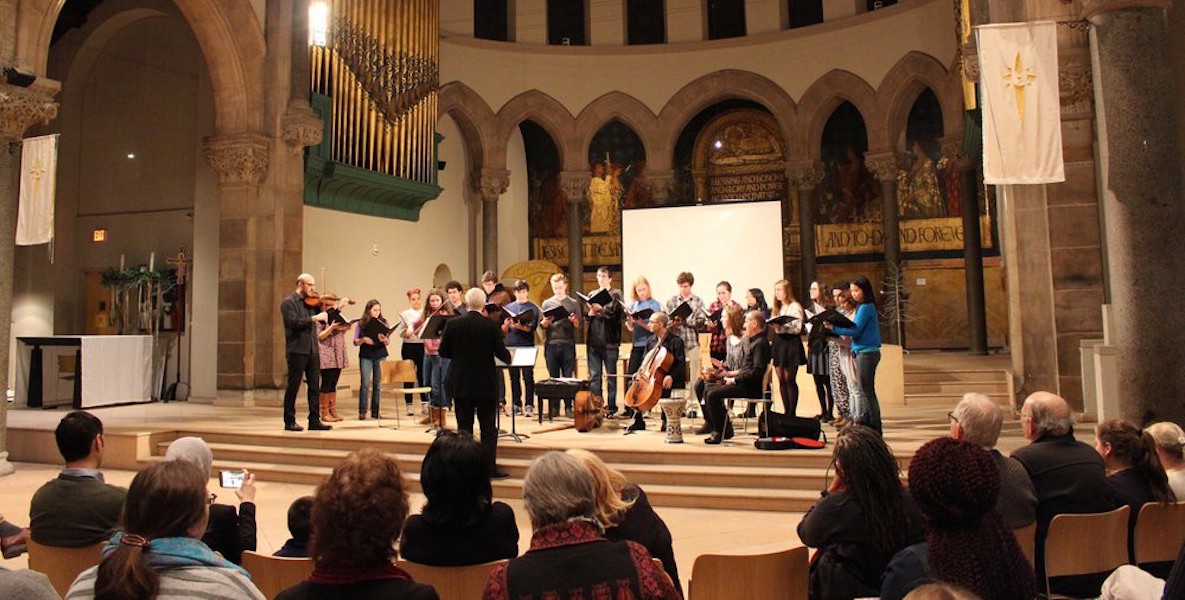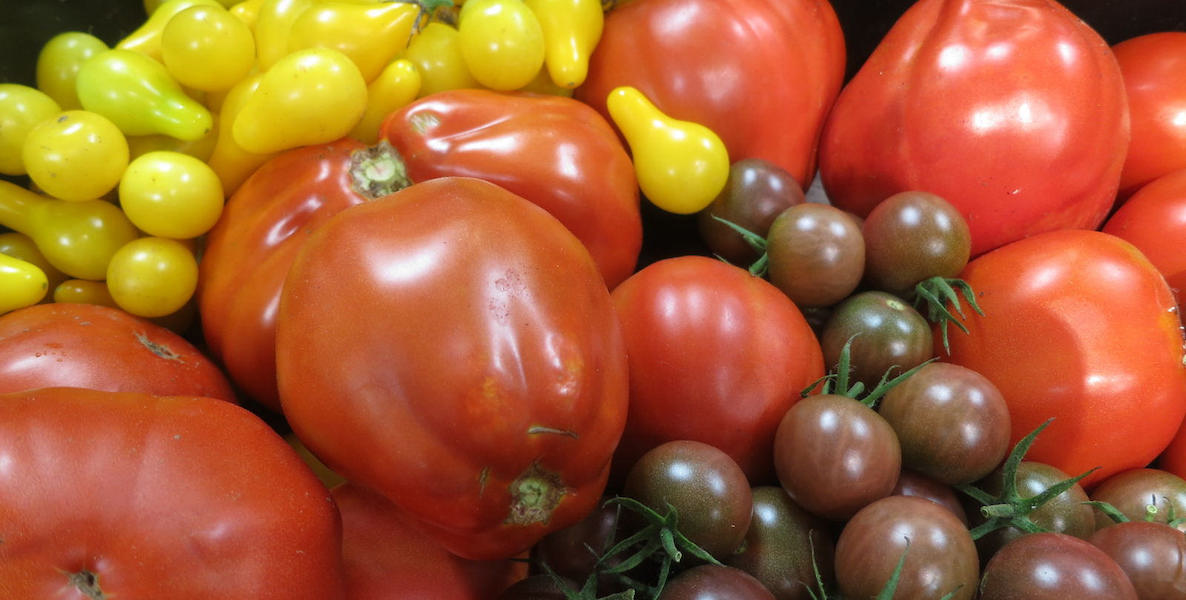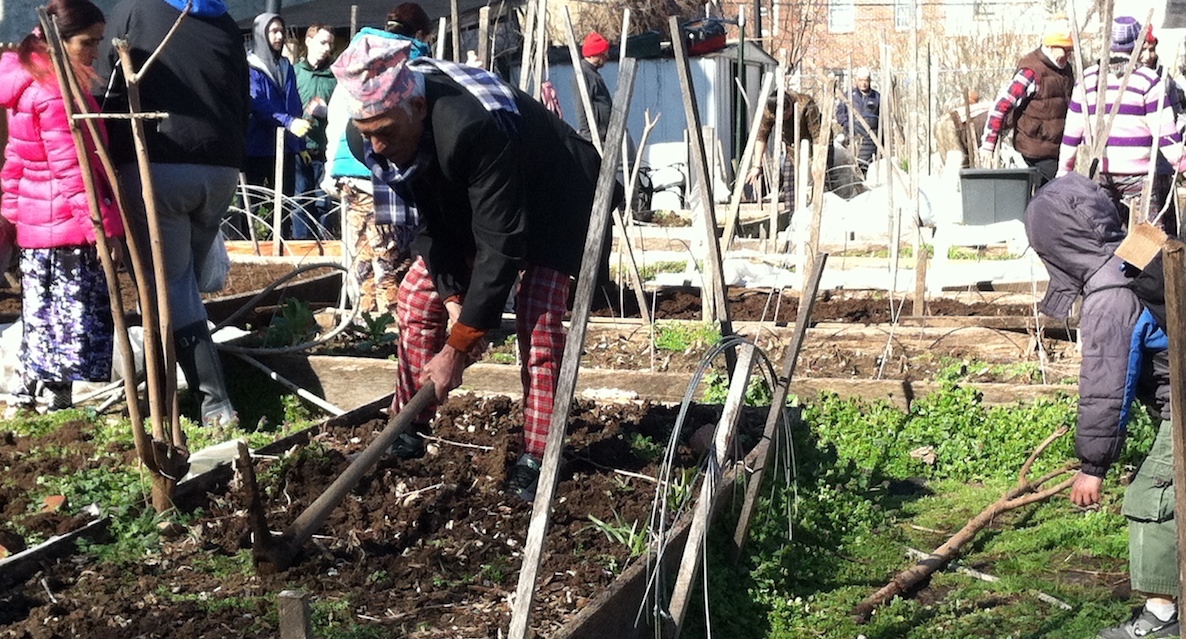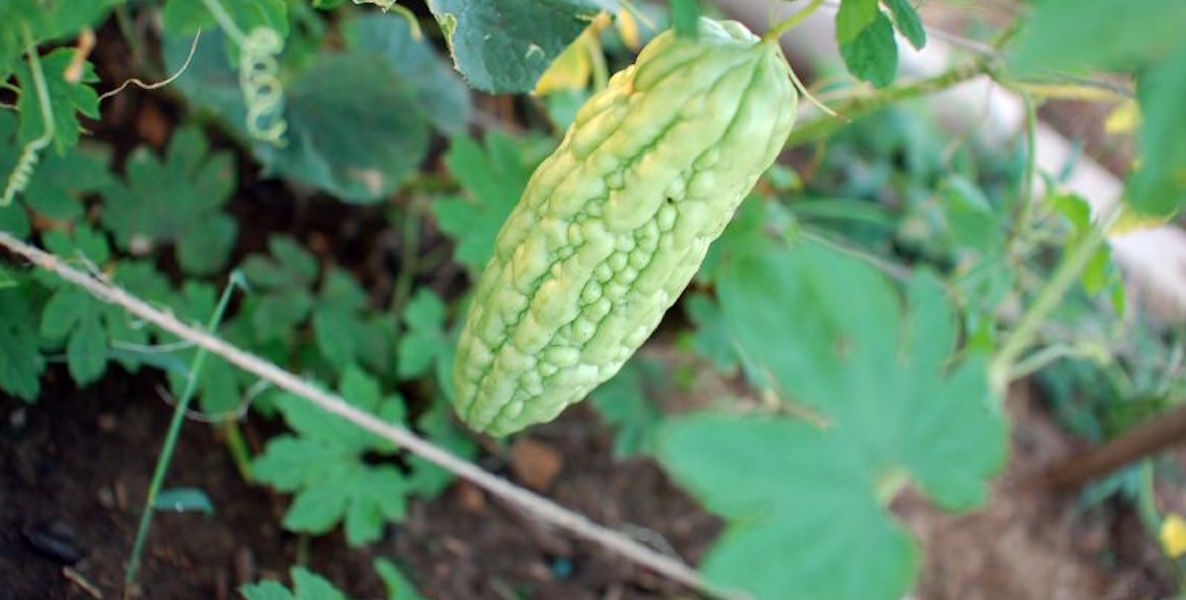Sixteen-year-old Tommy Ngeth planned to spend last summer playing video games. But when his sister recruited him for a job with a Southeast Asian community organization, he figured, sure, might as well make some money. He couldn’t have guessed that the experience would bring him to where he is now: Planning a multigenerational cultural garden project behind a South Philadelphia high school.
Be Part of the Solution
Become a Citizen member.Tommy, a sophomore at Mastery Charter School-Thomas, is a second-generation Cambodian American who lives with his family in Cambodia Town, roughly Sixth and Seventh streets between Morris Street and Oregon Avenue. He’s one of 25 students from high schools across Philadelphia that participated last summer in a paid internship co-organized by Cambodian Association of Greater Philadelphia (CAGP), the Bhutanese American Organization of Philadelphia, and VietLead, a community-based organization that supports Vietnamese and Southeast Asian immigrants and refugees. The “SumOurRoots” program focuses on food justice and cultural history; students learn to cook cultural dishes, record oral histories through interviews with members of their communities, and grow food.
One day last summer, the group visited Resilient Roots Farm in Camden, an intergenerational garden built by VietLead in 2012, where Tommy met one of the elder Vietnamese teachers.
“I remember him saying something along the lines of, ‘I’m sorry that I’m not enough, but I hope I can give you something through my teachings,’” Tommy says. “I was standing there feeling a little sad and thankful towards him, and I was like other people need to experience this.”
Now Tommy is part of Roots School Year and one of the student leaders of a collaborative project with members of the Cambodian Association of Greater Philadelphia (CAGP), the Bhutanese American Organization of Philadelphia (BAO-P), and VietLead. They’re working together to build an intergenerational garden behind Horace Furness High School that will provide culturally relevant crops, learning, and healing for the Southeast Asian community in South Philadelphia. It’s the culmination of years of planning from VietLead; but it was a push from students like Tommy that got it off the ground.
As part of the six-week internship last summer, students were asked to interview two adults—one family member and one member of the community—about their history and their relationship to food. Many of these community members were farmers in their home country before they were forced to flee their homes. They lived for years or decades in refugee camps, and were then resettled in Philadelphia, often without choice.
The students designed the interviews to answer the question: Is growing food a way that Southeast Asian refugees can start their self-determination?

“One beautiful way that [immigrants and refugees] have held onto control of their life is to grow their own cultural food, cook their dishes, and share it with each other,” says Lan Dinh, VietLead’s farm and food sovereignty project director and organizer of SumOurRoots.
The students learned that 70 percent of interviewees already grow their own food, often in pots on windowsills and small spaces outside their homes. They wanted more space to plant crops like lemongrass, chilies, okra and bitter melon—crops that tie them to their home countries.
VietLead had been trying to build a community growing space in South Philly since 2015, as part of a partnership with Fleisher Art Memorial’s Bring Your Own project. Securing land was the biggest barrier. “We’d walk the streets and take down addresses of vacant lots,” says Dinh. They submitted EOIs (Expression of Interest) to the Philadelphia Land Bank and never heard back. But Ngeth and several other SumOurRoots students wanted to make it happen—and Dinh says she realized it was time to collaborate with other groups.
![]() VietLead organized a meeting with students and members of CAGP and BAO-P. A conversation between BAO-P’s executive director Leela Kuikel and Furness High School principal David Peou led to a fortuitous partnership.
VietLead organized a meeting with students and members of CAGP and BAO-P. A conversation between BAO-P’s executive director Leela Kuikel and Furness High School principal David Peou led to a fortuitous partnership.
“I always wanted to have a garden space,” Principal Peou says. He thought eating lunch outside in a vibrant green space would be a good-behavior incentive for students, and that growing food might get more parents involved at the school.
Half of Furness students are Asian; many are immigrants and refugees or the children of immigrants and refugees. “I think most of our parents are very intimidated by schools,” Peou says. “Trust is not something easy for them, considering where they came from.”
At a recent monthly parent meeting, he mentioned the garden collaboration idea. “Everyone’s face lit up,” Peou says. “And everything else on my agenda? Forget it. The rest of the meeting was garden talk.”
“If communities all over are working together for a cause, that it gives us more power,” says Tommy Ngeth.
Students showed the parents the back concrete lot behind the school. It’s not a simple space to work with; there’s a hole in the concrete from a boiler repair, a dumpster surrounded by garbage, and a tall fence that borders the back alley. Two staircases that run from second floor side exits shade parts of the lot. And just this week the group learned some disheartening news: The paint on the railings and staircase contain lead, which will need to be removed and decontaminated before they can begin.
But still, the students can envision raised beds crowded with broccoli, sweet potato greens, and lemon grass, bitter melon vining up the chain link fence, and weary gardeners resting on benches in the shade.
With the help of a local architect, they created a scale drawing to bring to the second planning meeting.

About 30 members recruited by BAO-P, CAGP, and VietLead gathered at round tables at the Cambodian Association. Richard Chung, a senior at Furness High School and student leader from the SumOurRoots 2017 cohort, passed out copies of the layout and paper rectangles to represent raised beds and benches. Each group could arrange the garden however they wanted; the students would take photos and draw from each for the final design.
Sarorng Sorn, former executive director of CAGP, worked with five older Cambodian women to map out the space. They formed neat rows of raised beds with a walking path along the outer edge. They clustered the benches in a shady spot close to the school’s back entrance. “This is the hangout area,” Sorn explained, smiling. The women wanted a designated space to relax and socialize with other gardeners.
Richard Chung thinks the space will serve as a stress-reliever for students, too. Being in school all day can be “a lot,” he says. “It would be nice if there were some classes outside.” He hopes they can paint meaningful murals on the surrounding walls, including the SumOurRoots logo: a hand holding a bitter melon.
![]() VietLead partnered with Fleisher Art Memorial, whose Bring Your Own project is an effort to engage Southeast Philadelphia community members in community-based art exchanges. Fleisher is funding the construction of the garden, a “place-keeping” project that provides resources to preserve and promote the diverse cultural life of immigrant-rich neighborhoods.
VietLead partnered with Fleisher Art Memorial, whose Bring Your Own project is an effort to engage Southeast Philadelphia community members in community-based art exchanges. Fleisher is funding the construction of the garden, a “place-keeping” project that provides resources to preserve and promote the diverse cultural life of immigrant-rich neighborhoods.
This is something Tommy thinks about a lot. He’s worried about his family getting driven out of Cambodia Town because of rising property taxes.
“I remember my parents talking about how they’re planning on selling the house so they can get money and move somewhere cheaper,” he says. “And I thought that was kind of stupid how the system works. Because it’s not like they want to leave, but due to the circumstances they’ll have to leave. If more people are leaving, there will be no Cambodia town. That’s where my family gets all of their vegetables and food to make cultural dishes. I think if this continues it will take a part of our culture away.”
It’s this concern that’s made him set on creating a vibrant place to maintain the diverse cultures and strengthen the resilience of his community. It’s something he thinks could work for any group of Philadelphians.
“Whether they live in a wealthy neighborhood or poor, people could get involved in their own communities, to make a garden, for example,” he says. “Because if communities all over are working together for a cause, that gives us more power.”
Corrections: An earlier version of this article misstated the year in which Resilient Roots Farm started; it was 2012. It also
ulterior epicure via Flickr





